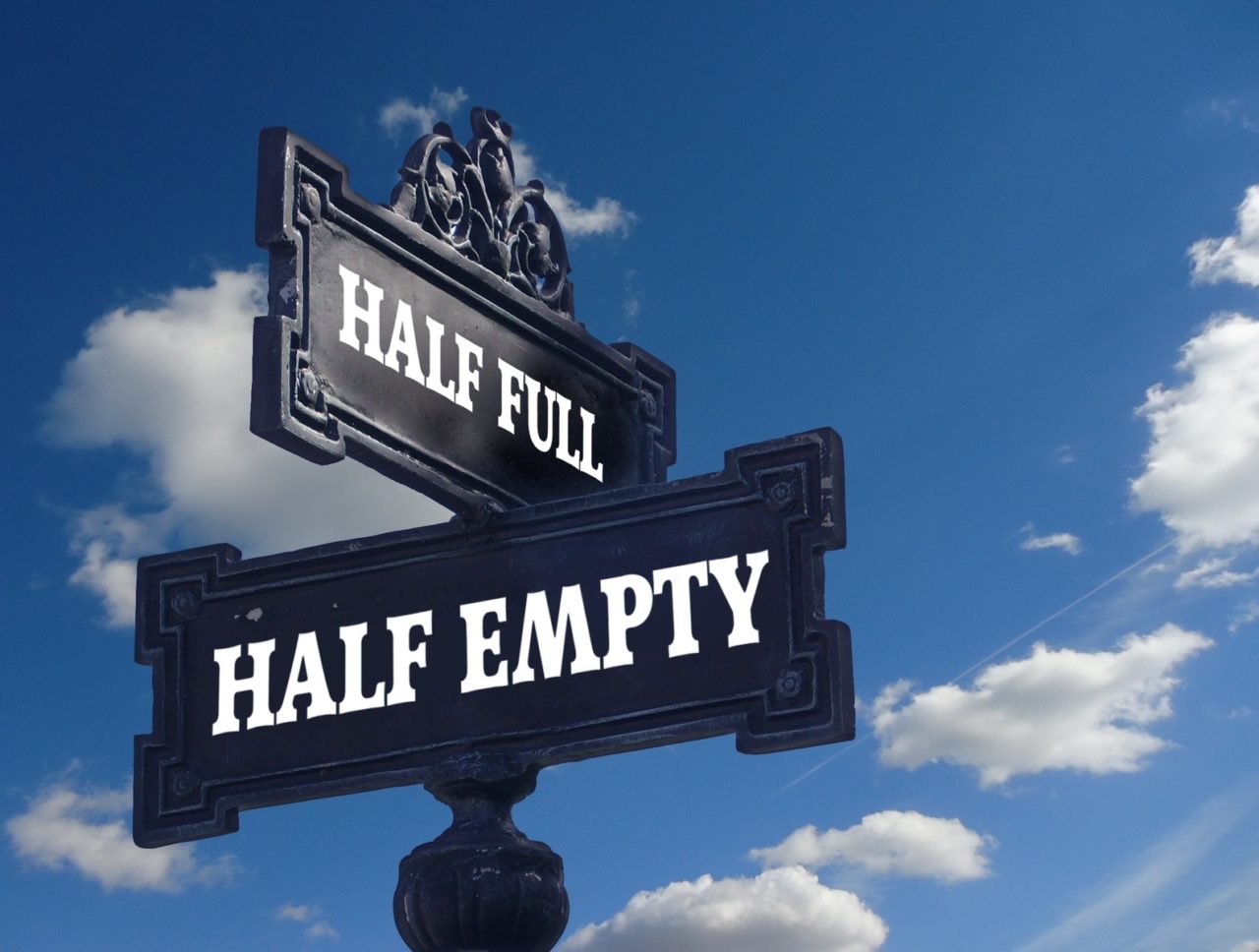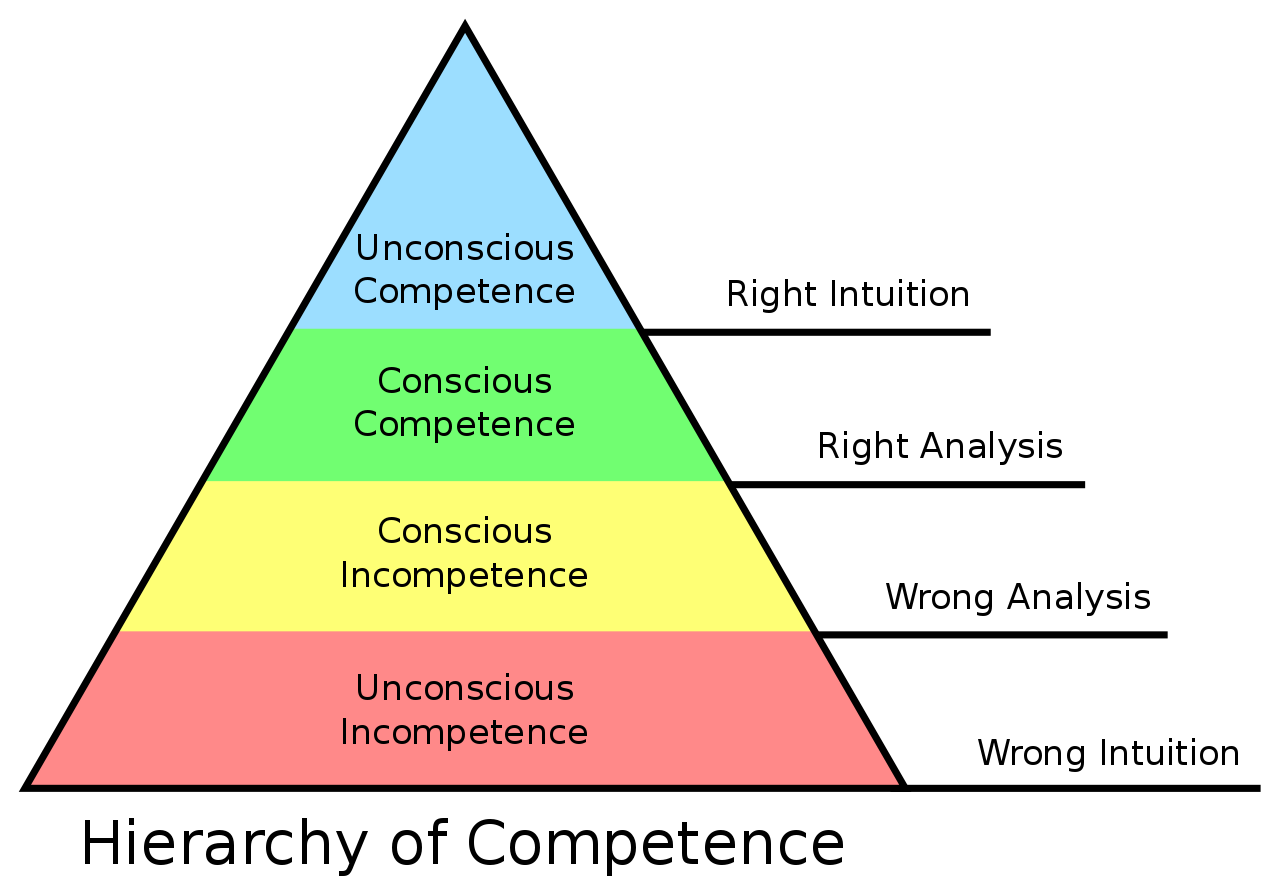The Anxious Avoidant relationship

Love is a rollercoaster?
Anyone that's been in an anxious avoidant relationship knows it can be a rollercoaster. Some people like rollercoasters, some people don't. Either way it's good to have some flat bits, some ups as long as there's not too many downs...
Ok so I've stretched the analogy a bit far there, but any humour I can bring to this subject I'm going to stretch out cause often anxious avoidant relationships can lead to both partners losing their sense of humour.
We all like to believe we are special and we are. We all like to think our relationships are unique and they are, though there's a structure to relationships that is frighteningly predictable.
The science bit
Psychologists in the 1950's realised there were patterns to the way infants behaved that reflected the attachment type that had with their parent or primary care giver.
It's been known for a while that very similar patterns exist in adult relationships, though it's only recently that this is becoming common knowledge.
Reference links
I haven't necessarily included everything in here. If you have any questions about any of this, please get in touch.
Illinois University attachment theory
The Attachment theory test
Wikipedia - adult attachment theory
The challenges of anxious-avoidant relationships


